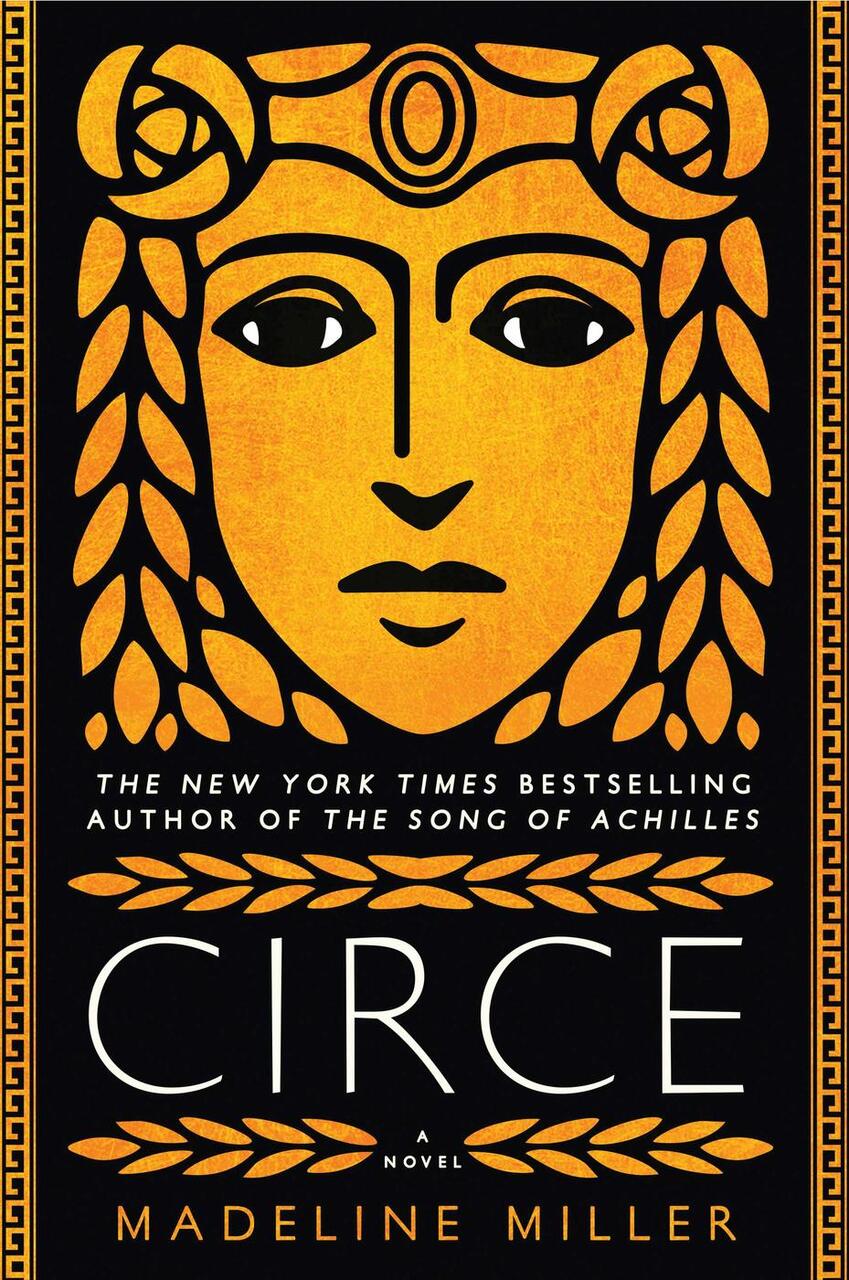Review: Circe
Review of Circe by Madeline Miller (9780316556347)★★★★
I noticed I haven’t written a long-form post in quite a while so I figured I’d get back into it with a review of Circe.

In the house of Helios, god of the sun and mightiest of the Titans, a daughter is born. But Circe is a strange child--neither powerful like her father nor viciously alluring like her mother. Turning to the world of mortals for companionship, she discovers that she does possess power: the power of witchcraft, which can transform rivals into monsters and menace the gods themselves.
Threatened, Zeus banishes her to a deserted island, where she hones her occult craft, tames wild beasts, and crosses paths with many of the most famous figures in all of mythology, including the Minotaur, Daedalus and his doomed son Icarus, the murderous Medea, and, of course, wily Odysseus.
But there is danger, too, for a woman who stands alone, and Circe unwittingly draws the wrath of both men and gods, ultimately finding herself pitted against one of the most terrifying and vengeful of the Olympians. To protect what she loves most, Circe must summon all her strength and choose, once and for all, whether she belongs with the gods she is born from or with the mortals she has come to love.
I have to admit it’s been a while since I read Circe, so this review is probably gonna be a) a bit short, and b) based on fuzzy recollections. But, I’ll do my best with what I can recall.
If you’ve not heard of the book, Circe is a mythological retelling, and I have to admit, I really wish I was more familiar with my Greek mythology because, even based on the limited knowledge I do have, Madeline Miller’s work in adapting this tale is really pretty astonishing. Through beautiful prose and incredible characterization she manages to find the humanity in this ancient and epic story.
Circe is ultimately a kind of coming-of-age tale, which I recognize is a bit odd to say given the central character is immortal. When we first meet Circe she’s insecure and unsure of herself, with an impetuous streak that leads her to fall in love with a mortal. It is here that we first see her troubled relationship with her own nature as a goddess as she recognizes that her love will eventually grow old and die. This realization causes her to take actions that ultimately lead her to be banished to an island where she lives out the bulk of her remaining years.
But once banished, we see through various events Circe slowly growing in confidence and self-possession. The book is described by some reviewers as a feminist one, and as Circe’s life unfolds, Miller does a clever job of weaving those themes throughout our heroine’s life. Sometimes those events are hopeful and uplifting. At other times they are horrifying and tragic. But ultimately we see Circe develop a new relationship with love, and loss, and ultimately her own immortality, and the journey is as satisfying as it is affecting.
Eventually, Circe’s story comes full circle, save that rather than attempting to make her love immortal, she chooses to sacrifice her own immortality instead. I won’t spoil the ending, but I will say that it comes a bit unexpectedly, and it is absolutely beautiful.
Taken together, I have to admit I was genuinely surprised by this book. I read Circe based on the recommendation of a friend, and I’ll freely admit that I doubt I would’ve picked it up on my own. But I’m very glad that I did.
-
{% for webmention in webmentions %}
-
{{ webmention.content }}
{% endfor %}
No bookmarks were found.
{% endif %}Likes
-
{% for webmention in webmentions %}
-
{% if webmention.author %} {% endif %}
{% endfor %}
-
{% for webmention in webmentions %}
-
{{ webmention.content }}
{% endfor %}
No links were found.
{% endif %}Replies
-
{% for webmention in webmentions %}
-
{% if webmention.author %} {% endif %} {% if webmention.content %} {{ webmention.content }} {% else %} {{ webmention.title }} {% endif %}
{% endfor %}
-
{% for webmention in webmentions %}
- {% endfor %}
-
{% for webmention in webmentions %}
- {% endfor %}
No reposts were found.
{% endif %}-
{% for webmention in webmentions %}
- {% endfor %}
No RSVPs were found.
{% endif %}-
{% for webmention in webmentions %}
-
{% if webmention.author %} {% endif %} {% if webmention.content %} {{ webmention.content }} {% else %} {{ webmention.title }} {% endif %}
{% endfor %}
No webmentions were found.
{% endif %}